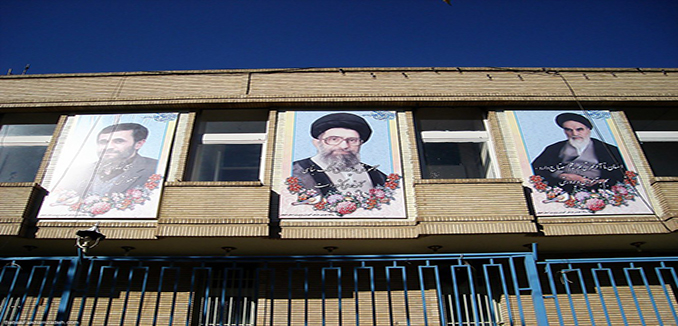Iranian president Hassan Rouhani warned Wednesday that the Islamic Republic will increase its enrichment of uranium to “any amount we want,” escalating tensions with the United States and European co-signatories of the 2015 nuclear accord.
“From 7 July, Iran’s enrichment level will not be 3.67 percent,” as per the framework of the Joint Comprehensive Plan of Action (JCPOA), “but we will take the next step,” Rouhani said at a weekly cabinet meeting.
To reach weapons-grade levels, uranium must be enriched to over 90 percent. But due to the nature of the enrichment process, experts say once Iran reaches 20 percent, it can very rapidly breach the so-called weaponization threshold.
Reuters reported Tuesday that European countries said they were “extremely concerned” by Iran’s decision to violate its commitments under the JCPOA and urged the country to abide to the terms of the nuclear accord.
“We regret this decision by Iran, which calls into question an essential instrument of nuclear non-proliferation,” the foreign ministers of Germany, France, and Britain said in a joint statement with the EU’s High Representative.
“We urge Iran to reverse this step and to refrain from further measures that undermine the nuclear deal,” the group added. “We have been consistent and clear that our commitment to the nuclear deal depends on full compliance by Iran.”
On Monday, U.S. National Security Adviser John Bolton said that without more nuclear power plants, it made no sense for the mullah regime to stockpile additional low-enriched uranium other than to seek atomic weapons.
Olli Heinonen, a former deputy director of the International Atomic Energy Agency (IAEA), warned in June that “Iran is actually weaponizing uranium enrichment without making a weapon.” The nuclear expert assessed that the Islamic Republic could likely produce a nuclear weapon in six to eight months “if they put in their maximum effort.”
Image Source – Creative Commons




